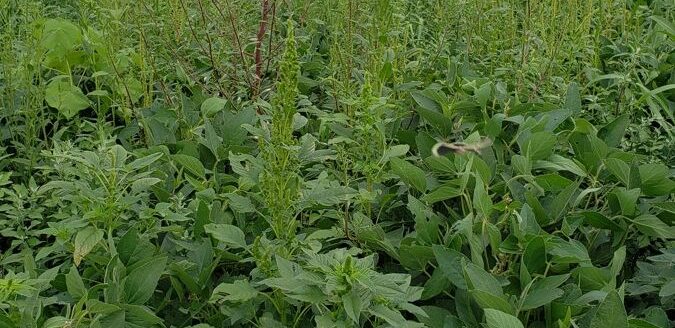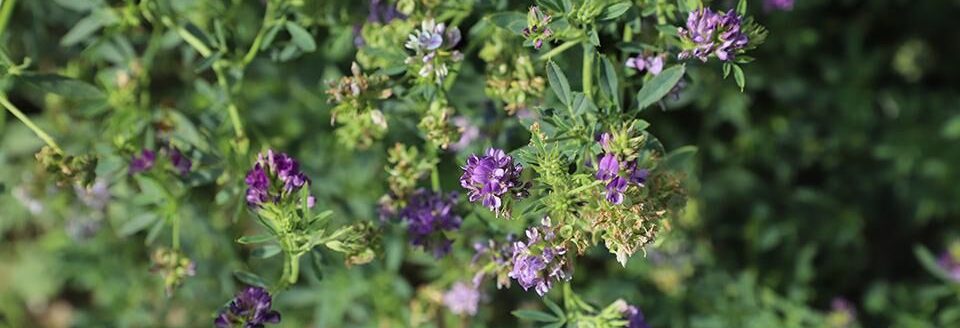Controlling winter annuals
The best time to control winter annuals is when they are small in November. Two of our main winter annuals that are hard to control are henbit and marestail, but pennycrest, dandelions, wild pansies, downybrome and many others can all be problematic winter annuals in the field. In pastures, November is a good time to control musk thistles as well.
With our adequate soil moisture and periodic rains, winter weeds are continuing to germinate. Waiting to spray during a mild stretch in very late fall, even into December, can be ideal. Trying to spray down marestail and henbit in the spring can be difficult, because they are very hard to kill once they have bolted. This can be especially problematic in no-till where herbicides are required for control rather than tillage before planting.
Some herbicide options provide residual control into the early spring. Atrazine is a cheap and effective, however it can only be used if the plan is to plant corn or sorghum in the spring. Some other restrictions with atrazine are to not spray it around open water and only 2.5 lbs. of Atrazine can be applied per acre in a calendar year. Atrazine used in November should have enough carryover to control some early germinated summer annuals such as kochia and lambsquarter. Atrazine can be mixed with 2-4D, Dicamba or Sharpen to provide a better control of marestail. Atrazine doesn’t control brome of volunteer wheat once they have tillered and should therefore be mixed with glyphosate and an AMS adjuvant.
For soybeans, fall herbicides include 2-4D, Dicamba, Sharpen, Valor XLT and others. And the addition of glyphosate can help control winter grasses.
Some weeds, especially marestail, can have herbicide resistances to glyphosate, atrazine, or acetolactate synthase containing herbicides like Valor or Classic. It is important to use herbicides with different modes of action and to follow herbicide label instructions on rate of usage. Another issues are that residual herbicides eventually lose their effectiveness and won’t control weeds into the summer months. Most residual herbicides, like Atrazine, last longer during winter months because cold temperatures reduce their breakdown rate but effectiveness is reduced when soil temperatures, biological activity, and soil moisture increase.
Here in southeast Kansas we have had our first light frost but nothing close to a hard freeze yet, so the winter annuals are growing quickly. Right now they are small but very numerous. All the rain and cool but not freezing weather has been perfect for them. Currently winter annuals are moving their carbohydrates into their roots preparing for winter. Spraying them now will cause the plant to move the herbicide into their roots as well, giving a much more effective kill.
Much of the information in this article comes from K-State Extension’s weed specialist, Dallas Peterson.


